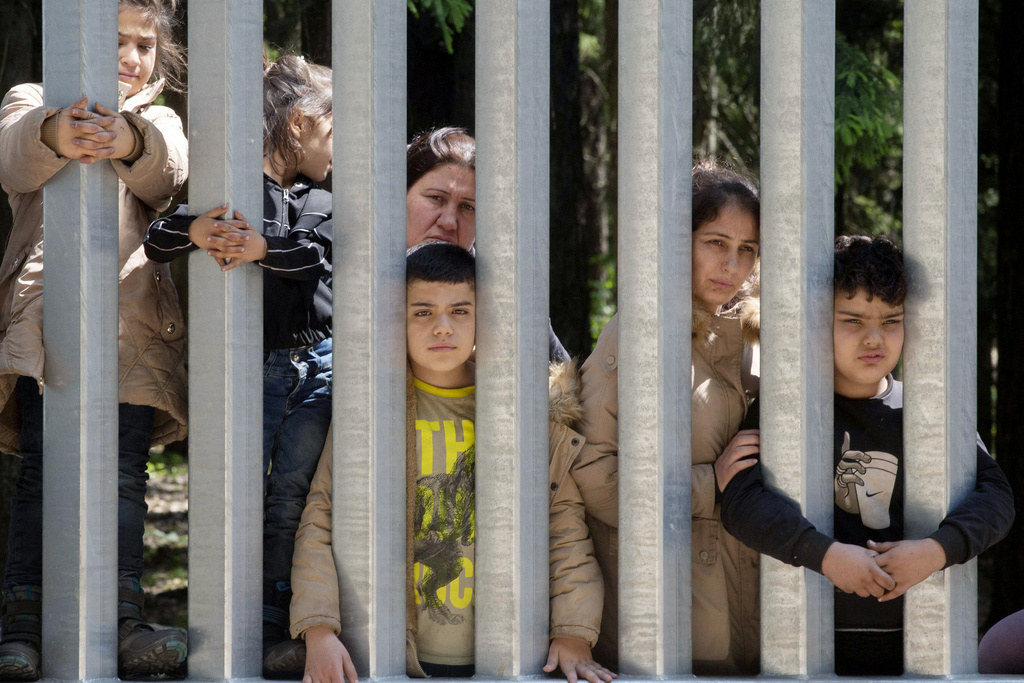A story about a 4-year-old Iraqi child called Eileen, who was lost and feared dead after crossing the Polish-Belarusian border in 2021, has now been determined to be a fake.
It was in December 2021 that activists and media hostile to the conservative Law and Justice (PiS) government publicized the case of a little Iraqi girl whose parents were supposed to have been deported to Belarus, with the girl lost somewhere in the forest and feared to have frozen.
In a text published by the top liberal daily in Poland, Gazeta Wyborcza, which has caused a storm of indignation, the paper’s journalist Magdalena Tomczak admits the story was not true.
The journalist recalls how the story was featured in Gazeta Wyborczaand Newsweek Polska, as well as many other newspapers and electronic media, and led to attacks in social media on border guards for having done little or nothing to find the girl.
The story was taken up by the Polish Ombudsman Adam Bodnar, tipped to be the new justice minister in the coming Tusk government, who asked questions of the border authority and claimed that the child’s clothes had been found and photographed.
The only evidence of the existence of the girl cited was a photograph of a coat and a shoe, along with a story relayed by activists campaigning for the humane treatment of migrants.
“Today we know Eileen never existed,” writes Tomczak, who revealed that the fabricated Iraqi girl was one of the stories heard and passed on by activists, but it became a key part of the narrative about “kids dying on the border,” which was taken up by left-wing politicians and the movie “Green Border” directed by Agnieszka Holland.
In fact, there have been no confirmed fatalities of children on the Polish side of the border with Belarus, and “instead of concentrating on the risks facing migrants on the Belarusian side of the border, we were publicizing the case of a girl that never existed,” wrote Tomczak.
“After two years of writing about migration and the crisis at the border, I have no doubt that we are producing false information,” she admitted.
No one at the time noticed the stance taken by the Polish Border Guard. It stated that a group of six foreign subjects had been stopped after being monitored following an illegal crossing of the border, but that there was no child in that group or anywhere close to it.
Leading Polish commentator Jan Rokita observed that Tomczak’s story describes the history of ”a multi-layered lie which was constructed and amplified for propaganda purposes.” Rokita adds that this story should shake the world of Polish journalism to its foundations, as it shows journalists were willing to take part in propaganda activities and failed in their duty to check facts.
Such emotive stories were later used by Belarusian propaganda to put pressure on Poland’s conservative PiS government to relent from its policy of protecting the Polish-Belarusian border.






